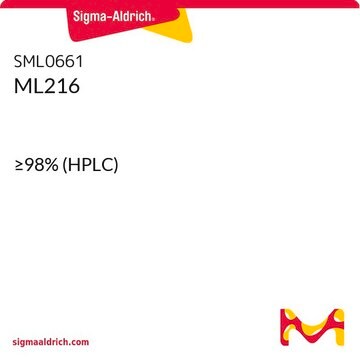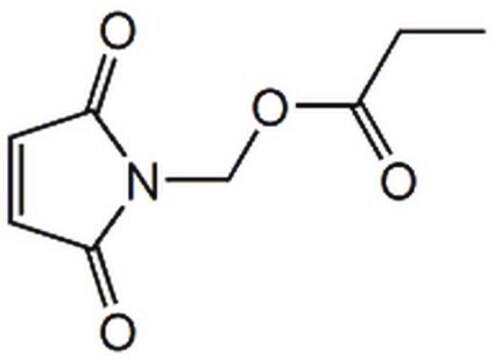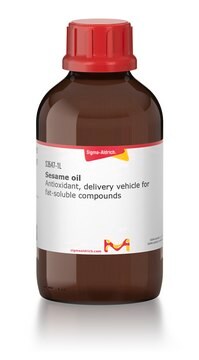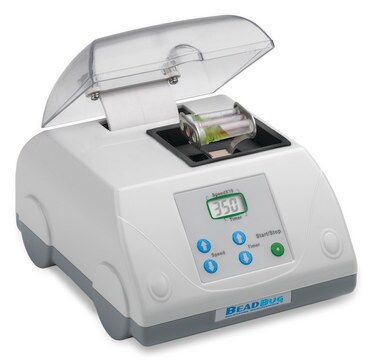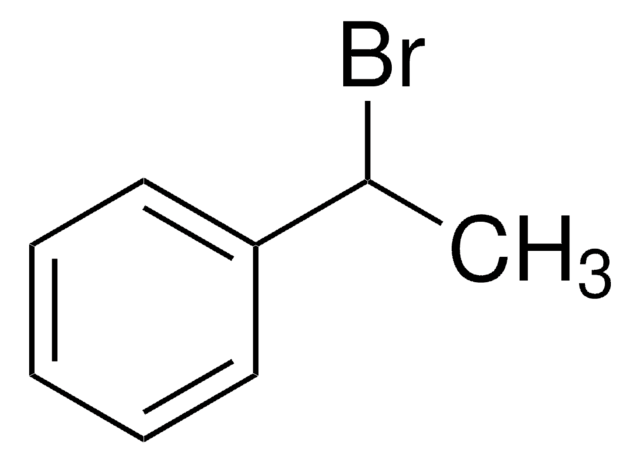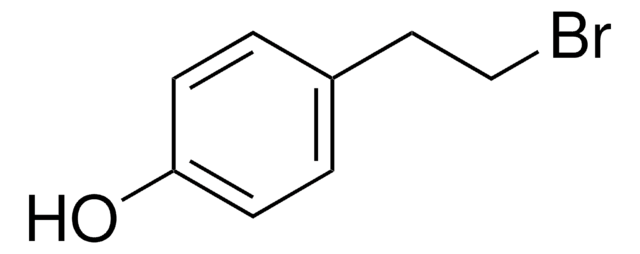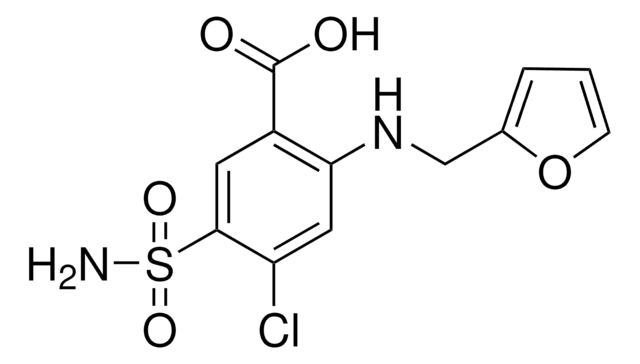SML1005
NSC 617145
≥98% (HPLC)
Synonym(s):
(2,3-Propandiyl-bis(2,3-dichloro)maleimide, 1,1′-(2,2-Dimethyl-1,3-propanediyl)bis[3,4-dichloro-1H-Pyrrole-2,5-dione, NSC-617145, SID 487795
About This Item
Recommended Products
assay
≥98% (HPLC)
form
powder
color
white to light brown
solubility
DMSO: 3 mg/mL, clear (warmed)
storage temp.
2-8°C
SMILES string
ClC1=C(C(=O)N(C1=O)CC(CN2C(=O)C(=C(C2=O)Cl)Cl)(C)C)Cl
InChI
1S/C13H10Cl4N2O4/c1-13(2,3-18-9(20)5(14)6(15)10(18)21)4-19-11(22)7(16)8(17)12(19)23/h3-4H2,1-2H3
InChI key
PCOXPBOKDABARQ-UHFFFAOYSA-N
Biochem/physiol Actions
Features and Benefits
signalword
Warning
hcodes
Hazard Classifications
Eye Irrit. 2 - Skin Irrit. 2 - STOT SE 3
target_organs
Respiratory system
Storage Class
11 - Combustible Solids
wgk_germany
WGK 3
flash_point_f
Not applicable
flash_point_c
Not applicable
Choose from one of the most recent versions:
Certificates of Analysis (COA)
Don't see the Right Version?
If you require a particular version, you can look up a specific certificate by the Lot or Batch number.
Already Own This Product?
Find documentation for the products that you have recently purchased in the Document Library.
Customers Also Viewed
Related Content
We offer a variety of small molecule research tools, such as transcription factor modulators, inhibitors of chromatin modifying enzymes, and agonists/antagonists for target identification and validation in gene regulation research; a selection of these research tools is shown below.
Our team of scientists has experience in all areas of research including Life Science, Material Science, Chemical Synthesis, Chromatography, Analytical and many others.
Contact Technical Service